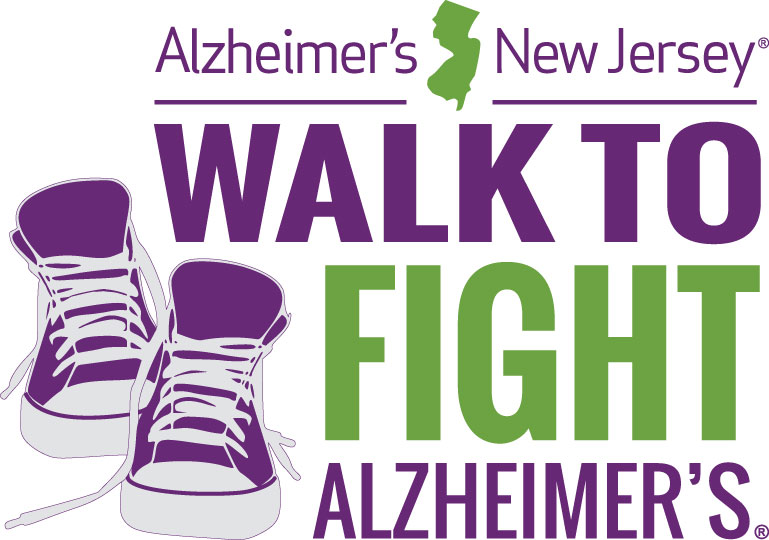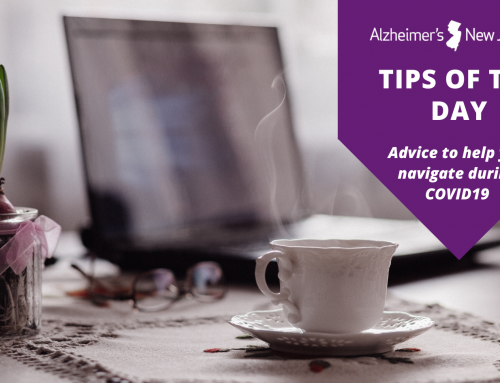For those of you whose friend or family member with dementia is currently in a residential care facility, (nursing home or assisted living) you may be challenged by how to stay connected with your loved one and ensure that he/she is receiving the best possible care. Follow these tips to try to manage this time and minimize your stress:
Staying Connected
- Ask staff if you can FaceTime or Skype with your loved one. You will both be uplifted by “seeing” each other.
- Call your loved one on the phone. Even if the person is not saying anything on the other end, hearing your comforting and familiar voice goes a long way.
- Send a video by phone of yourself, grandkids, the dog, or anyone important to your loved one and ask the staff to show it to the person.
- Ask friends and family members to send cards, pictures, flowers so that the person can feel the love from everyone and be reminded of it every time the person looks at them displayed in the room.
- Mail letters to your loved one with pictures of people and places that are meaningful to him/her.
- If you have a cassette recorder (or you can buy one), record your voice and send it to your loved one with the player. The person may have an easier time using a cassette recorder than more modern technology.
Take Care of Yourself
- Participate in the Alzheimer’s New Jersey support group specifically for individuals whose family member or friend is currently in a residential facility. Find out more here: https://www.alznj.org/services/family-support-groups/
- Take moments for yourself away from the worry – go for walks, listen to music, meditate, garden, play with your pet. Do whatever you can to find enjoyment and peace so that you have the strength to be there for your loved one and for yourself.
- Know that no matter how much you feel out of control during this time, you are doing the best you can with the tools and available resources that you have.
Don’t be Afraid to be the Squeaky Wheel
- Now, more than ever, in this stressful time for everyone, including healthcare professionals, you need to be the advocate for your loved one. When you talk with your loved one by phone or see each other using FaceTime or Skype, and you sense a cognitive change or new health issue, be sure to bring it to the attention of the healthcare provider or administrator. Be the “squeaky wheel” even when you just need to be assured that that your loved one is ok. Be the voice for your loved one and speak up if you see a change in cognition through phone calls/FaceTime, if you think your loved one may be dehydrated or have another health issue, or even if you just need to speak to someone to know that your loved one is ok. Unfortunately, this situation brings the phrase “squeaky wheel gets the grease” to a whole new meaning.
- If your concerns are not being addressed or your calls are not being returned, you can call the New Jersey Long-Term Care Ombudsman (LTCO) office https://www.nj.gov/ooie/ to get assistance with advocating on your loved one’s behalf. Just know that the LTCO may be also overwhelmed due to COVID-19 inquiries so you may not receive a response right away.



